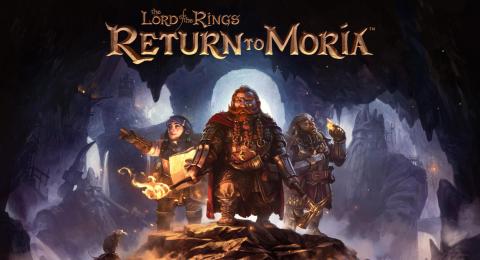
After having its games as the top played games on Facebook for four years, a relatively obscure studio named Omgpop managed to dethrone Zynga and have its game, Draw Something, at the top of that chart.
Zynga reacted to this threat in a mega-corporate manner and bought off its new competitor by acquiring the studio with all its assets and employees… except one.
Shay Pierce was going to sign his Zynga contract when he noticed a clause about "conflicts of interests" that alarmed him. The game designer and developer had (and still has) an iPhone game published on the App Store in his own name and this was considered as a conflict of interests that should be resolved by relinquishing all intellectual property rights to Zynga according to the company's standard employment contract.
The game, Connectrode, is not a top seller and it has stopped generating revenue long before the acquisition but it had sentimental value to its creator. Pierce tried to negotiate a compromise with Zynga but they wouldn't budge.
"And then I wondered: why was I even trying to compromise?" he pondered. "Zynga has an Austin studio, where several good friends of mine work. Yet I had never applied to Zynga. Why? Because the company's values are completely opposed to my own values, professionally and creatively. Because I believe that developers are at the front lines of game development and deserve to be treated well, and I didn't trust Zynga to do so. All this was still true -- except that their complete unwillingness to negotiate with me only confirmed my concerns. Why on earth was I even considering joining?
It's not easy to pass up a lucrative salary and solid benefits, of course. But I realized that ultimately I was letting myself be guided by simple inertia. I was part of a herd, and that herd was all going in one direction (and doing so with great urgency). I would really only be doing it for the sake of going with the flow, and responding to pressure to either conform to corporate expectations, or be left behind.
These are not good reasons to join a company whose values are the opposite of your own, or to compromise your ideals, or to give up control of something you rightfully own.
I politely declined to join Zynga and became the only Omgpop employee to be left behind. I don't have a job; but I can sleep soundly at night knowing that I'm not working for any employer with whom I strongly disagree."
Some people argue that companies cannot be classified as "good" or "evil," but Shay Pierce disagrees. "An evil company is trying to get rich quick, and has no regard for the harm they're doing along the way," he clarified. "It's not making things of value, it's chasing a gold rush. An evil game company isn't really interested in making games, it's too busy playing a game -- a game with the stock market, usually. It views players as weak-minded cash cows; and it views its developers as expendable, replaceable tools to create the machines that milk those cows. It follows unsustainable practices (like cloning or even completely screwing innovators; or abusing viral channels until they have to be curtailed) -- all practices which, in the long-term, not only make things worse for every other company in the industry, but ultimately for itself. Zynga is not the only one of these, but yes, they fit my definition."








